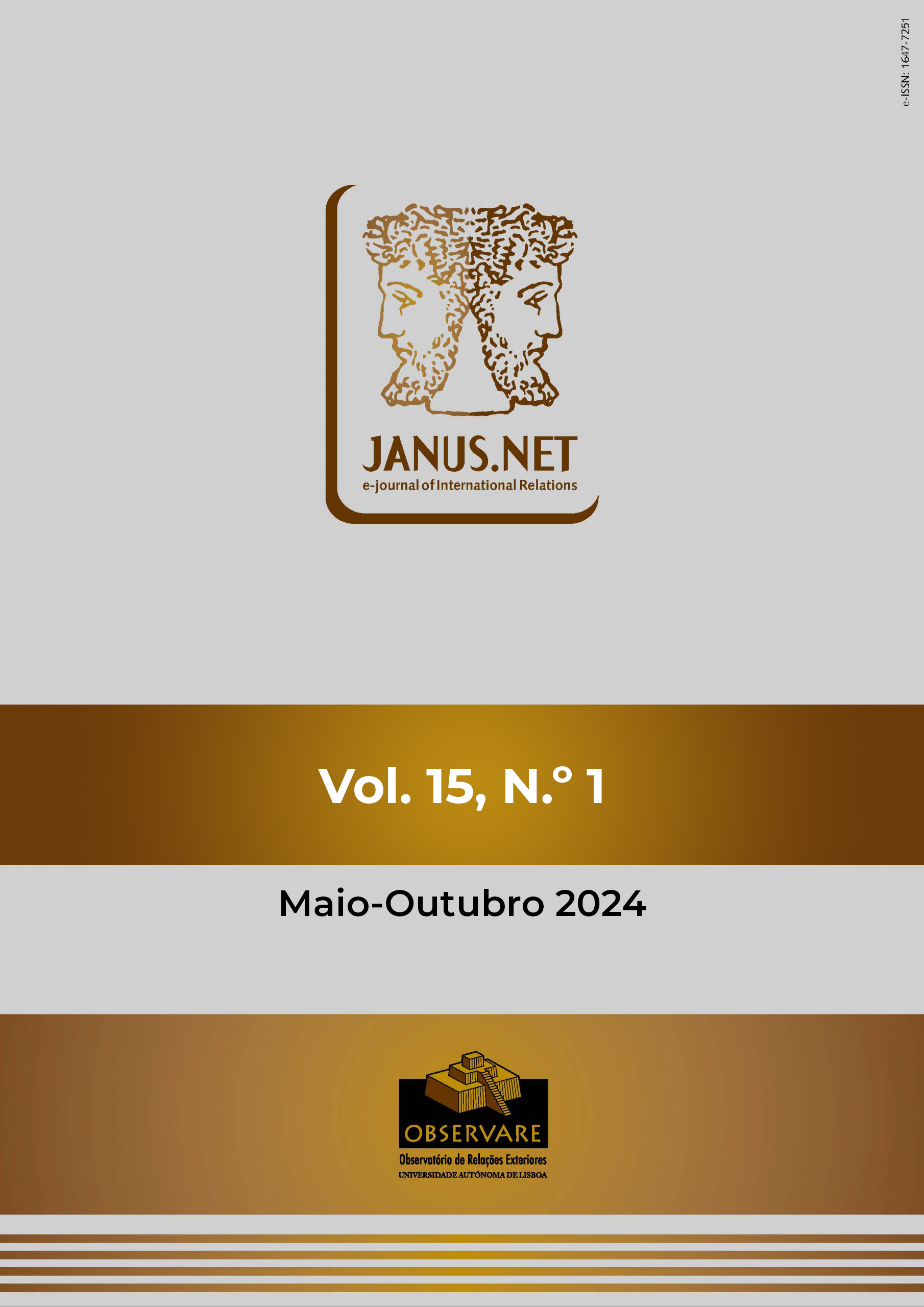O SEGREDO DE ESTADO EM PORTUGAL: DA OPACIDADE DO ESTADO NOVO À PRIMAZIA DA TRANSPARÊNCIA CONTEMPORÂNEA
DOI:
https://doi.org/10.26619/1647-7251.15.1.16Keywords:
State Secrecy, Democracy, Transparency, Security, AccountabilityAbstract
This article examines the regime of State secrets in Portugal, emphasizing the imperative need for greater transparency and its alignment with the democratic principles of accountability and civic participation. From a historical perspective, the study traces the evolution of the concept of State secrets from the Estado Novo period to the post-April 25th democratic consolidation, highlighting how political and social transformations influenced legislation and governmental practices related to the classification and management of sensitive information. The research pays particular attention to the modifications introduced by Law No. 2/2014, of August 6, highlighting the challenges that persist in reconciling national security with the rights to information and administrative transparency. Through a critical analysis of current legislation and its practical application, the article debates the adequacy of the current State secret regime to the demands of a society that increasingly values transparency and public scrutiny of governmental activities. It proposes a reflection on the inherent tensions between the protection of classified information and the growing demand for open and accountable governance. The study concludes by underlining the need for legislative reforms and administrative practices that promote an effective balance between State security and the strengthening of democratic pillars of transparency and citizen participation.


